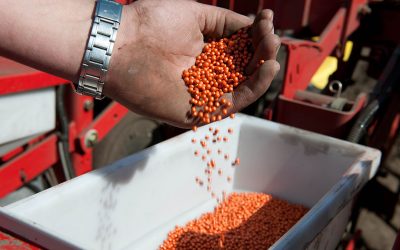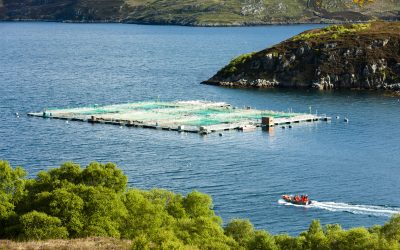EU strongly divided on GM foods
Half of all European Union states see no benefit from genetically modified crops according to an internal survey, the European Commission has said.
The commission said 13 out of the 27 EU states gave an unfavourable response to the impact of developing GM crops while others such as Italy did not give an opinion.
A spokesman for EU health commissioner John Dalli voiced disappointment at the lack of detail, especially as the study was originally requested by states concerned at what they saw as a commission drive to open up the GM food market.
Committee in limbo
The commission is caught between strong popular opposition to GM foods and pressure from major American GM producers such as Monsanto who say that European bans on such products are illegal as they breach global trade rules.
The commission said it was “no surprise that the amount of statistically-relevant information on the ex-post socio-economic impacts of GMO cultivation is rather limited,” given that there are less than 100,000 hectares of EU land under GM crops compared with 134 million hectares worldwide.
EU states, mindful of popular feeling on GM foods, are holding firm on the restrictions despite a welter of initiatives by the commission to try and get some kind of workable legal framework in place that will protect it from legal challenge by the likes of Monsanto.
Complicated
The situation has become more complicated after a legal adviser to Europe’s top court dealt a huge blow to the anti-GM lobby last month, with a preliminary opinion that states broke EU law by halting GM crop cultivation without first seeking action centrally.
Just two GM crops are currently authorised on European soil – a maize strain for animal feed and a potato for paper-making. Decisions on a lengthening list of others are in deadlock.
In a bid to end the impasse, the Commission has proposed that individual territories may use cultural and other non-scientific reasons to ban GM foods, provided they allow EU-wide movement of permitted materials.











